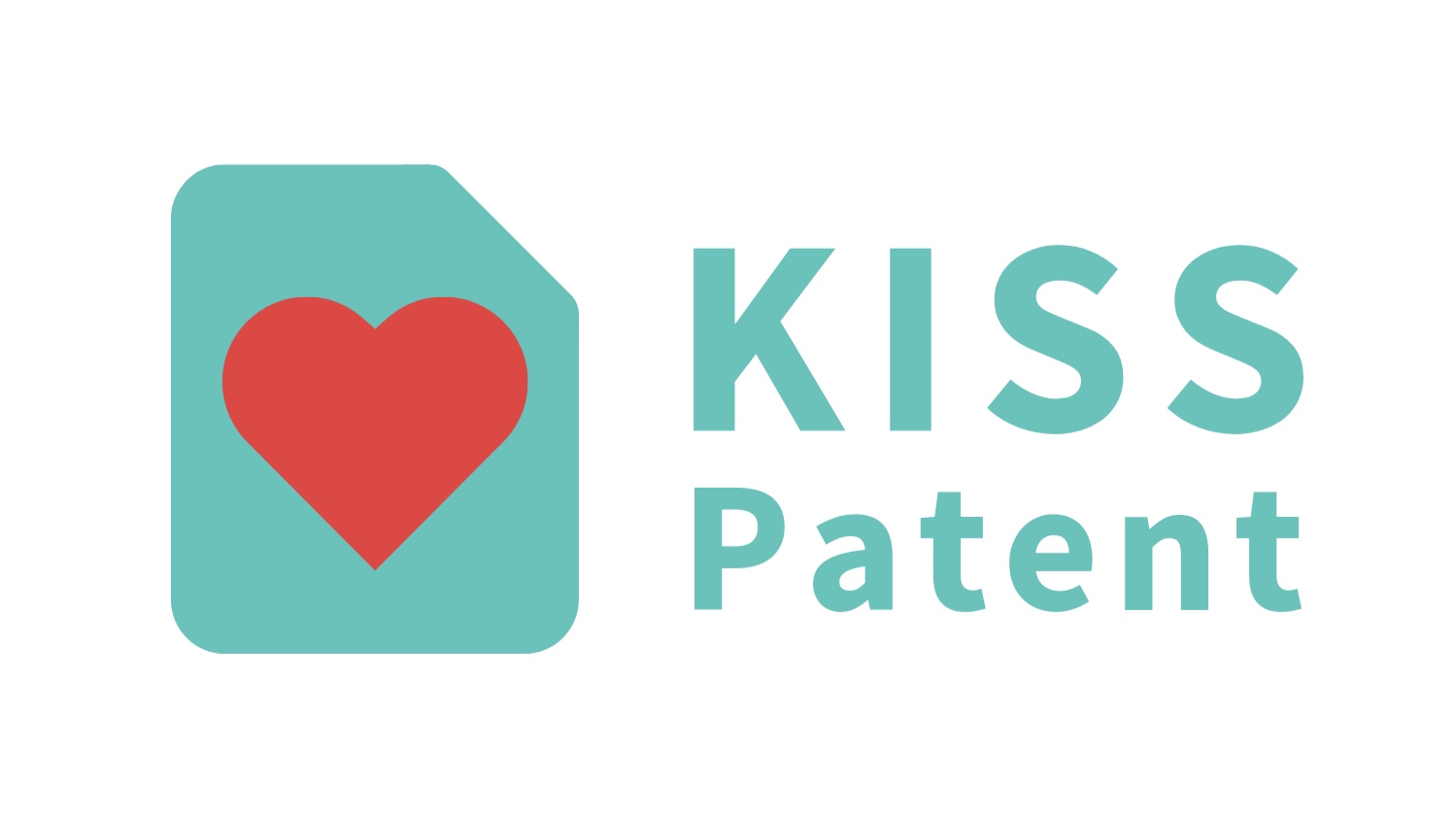Every component of how we eat is changing. Don’t feel like making dinner? No problem, there’s an APP for that. 20 minutes later there’s hot food on your plate. Need a restaurant recommendation? One quick Yelp search and problem solved.
But above all, there's something fascinating going on behind the scenes.
What we eat and how we eat has paved the way for food startups to leverage technology and AI. We’ve said it before: technology is disrupting the food industry.
Startups are becoming efficient in their food management, production, and delivery.
SELF-COOKING, SELF-ORDERING, SELF-EVERYTHING
Startups today are built on data. They're able to develop new products to better engage with their users.
For example, Netflix uses our viewing history to recommend shows we’ll like. Amazon uses past purchases and searches to recommend products. LinkedIn uses our work history to improve recruiting and job hunting.
The list goes on and on, and it’s no different in the food industry.
Taboonette from New York is a kitchen franchise centered on technology. The foundation of their business model is big data and artificial intelligence. How? Self-cooking centers and self-ordering kiosks.
Not your regular kiosk though, AI-powered kiosks.
Kiosks will never fail to upsell or suggest extra items from the menu--something a waiter might.
They're able to filter out items for allergies, and dietary restrictions. Returning customer? The kiosk will greet them by their name and recall what they’d like to order.
It’s an outright revolution of our food industry culture.
CUTTING OUT THE MIDDLEMEN
In the kitchen, startups are looking to control the entire supply chain. From cooking to delivery and distribution, they've got it covered.
Not only is there a direct-to-consumer business model, but also effective use of data. An efficient supply chain allows for competitiveness and scaled growth.
The result: clear-cut enhancement in consumer experience.
For instance, Silicon Valley’s Zume is altering the environment in the front lines. They have successfully revolutionized both food consumption and supply chain management.
Their “baking on the way” methodology allows them to deliver hot and delicious pizza faster than any other competitor. Their delivery trucks have robots installed to prepare pizzas on-the-go.
More importantly, they've patented their unique system of ovens, so they’re well-protected. They definitely understand the value of patents for AI startups.
As the truck is driving along, AI calculates the optimal route and sends a signal to the robot and each oven to begin cooking at a specific time. It’s a new kind of intelligent retail.
This high-efficient, flexible infrastructure model is only the beginning. A unique system that can be easily adapted to cook other foods.
Imagine if Zume vertically integrates. They can then combine farming, food processing, preparation, cooking, and delivery!
Leveraging its platform and business model, Zume can re-engineer the food supply chain from field to fork.
Ready to bring your AI food startup to the masses?
Take our short survey to find out what type of intellectual property is right for your AI idea!
THE FARMLAND RENTAL MARKET
Innovations in technology are also impacting agricultural production. The outcome: a boost in profitability.
Automation is leveraged in farming even beyond plant physiology, animal nutrition, and genome mapping.
Take Tillable, a startup founded in 2017. They’ve applied their technology to improve farm management. Like Airbnb, they’ve created the farmland rental market.
Landowners with farmland to rent can list on the platform and handle the entire transaction process: signing leases, receiving payments, and collecting data.
Tillable is offering a previously offline market a new, easy-to-use online platform, tailored to a tech-savvy, young generation of potential operators and renters.
These farmers now have the tools to become more efficient, transparent and profitable.
THEY KNOW WHAT YOU WANT BEFORE YOU KNOW YOU WANT IT
Check this out: A New York-based startup called Gastrograph has developed predictive analytics technology for food and beverage companies.
What does this mean?
Gastrograph uses machine learning to collect data about how people perceive flavors. With this data, they create algorithms to offer predictions on how consumers might react to new products.
Essentially, they analyze a demographic's taste preferences, and then develop taste profiles for products that target a specific segment.
But let’s look beyond the task of finding the perfect IPA to have on a sunny afternoon, and think about the role that cultures may play in preferences.
Different cultures and demographics have different preferences when it comes to food, right? They also perceive the same food in different ways.
Machine learning and AI can suggest tweaks and improvements for different various segments. Moreover, they can simulate what would happen if a flavor is changed and evaluate introducing it to new demographics.
Think about the impact on large corporations considering going global. Of entering new, unknown territories. About US companies considering expanding to Asia. Imagine the money they can save on testing. The time and effort not wasted.
The bridge is essentially gapped between products and their impact in different segments.
Ultimately, a perfect storm is brewing. Especially for startups.
Consumers are demanding novelty products at a fast rate. Traditional food companies are struggling to adapt.
There's enough capital available for startups to leverage data and technology in new ways. We can expect a lot to change in the way we experience food in the near future.
With this in mind, patenting is essential, but we know it can sometimes be an ugly process, but it doesn’t have to be. At KISSPatent we have a simple and easy approach for patents.
Always, always reach out to professionals for advice and counseling. We’re delighted to answer any questions you might have and guide you through the entire patent process.










